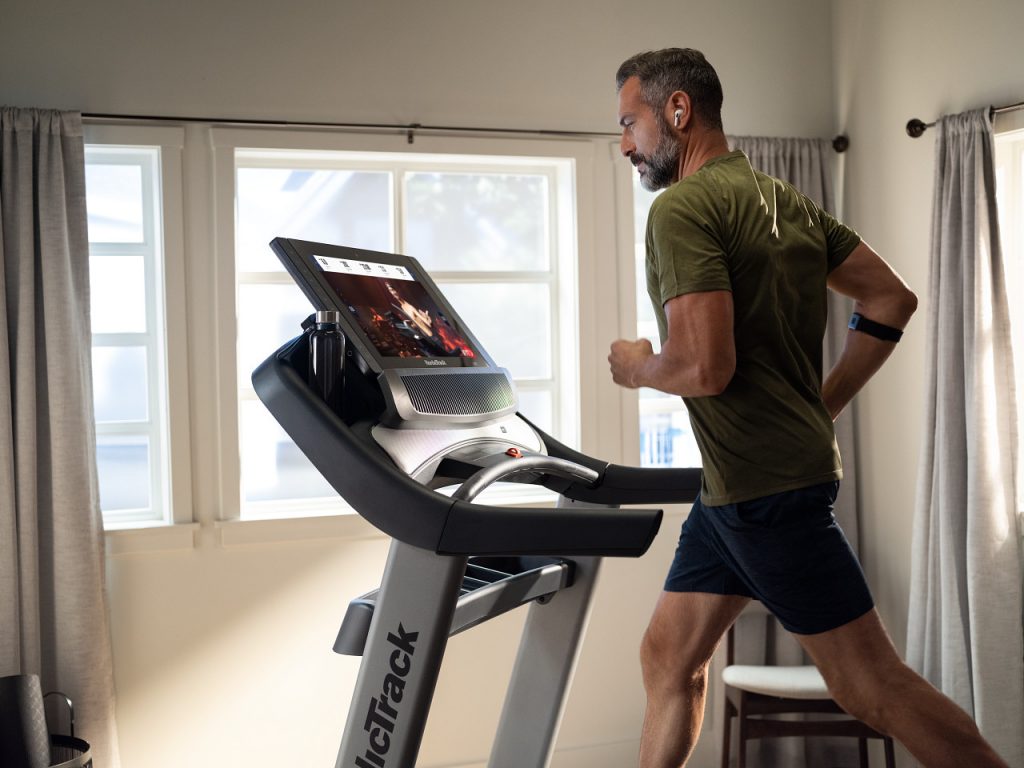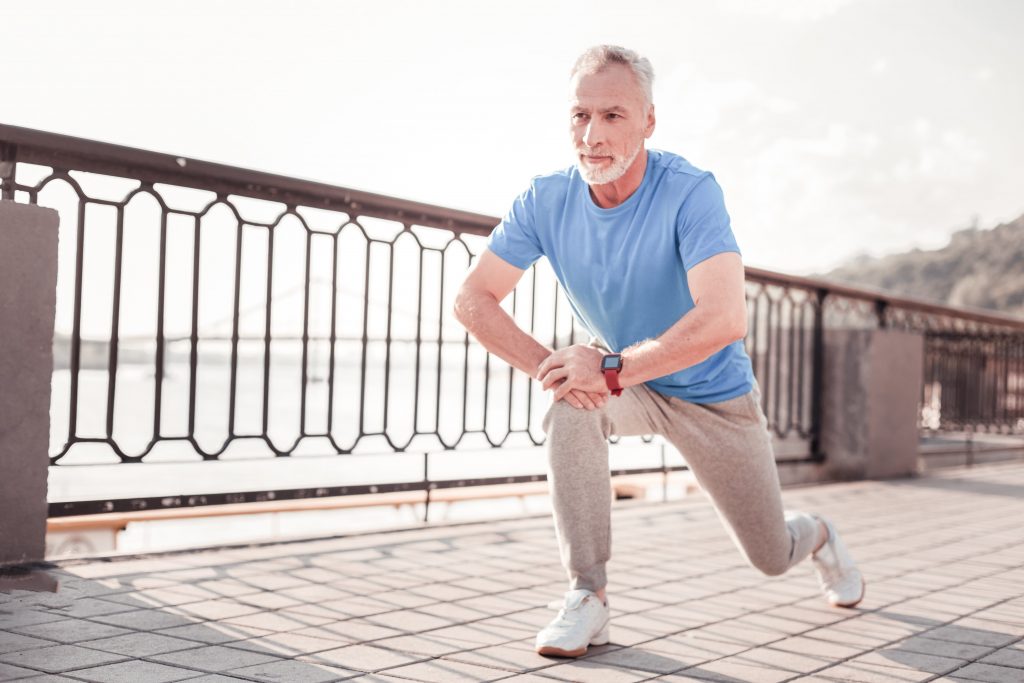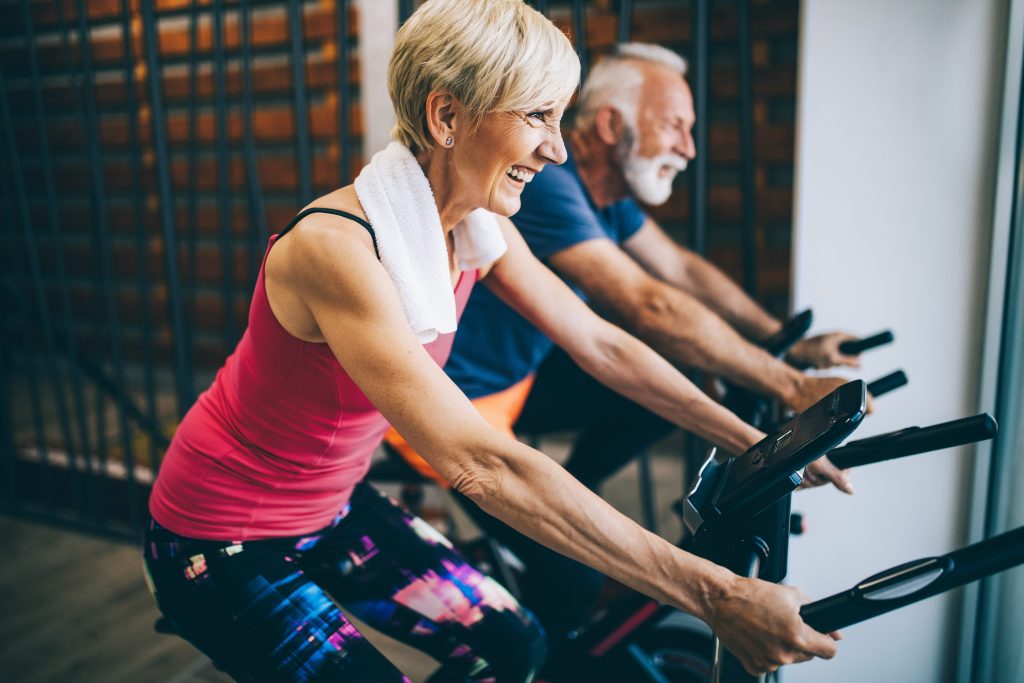The body changes as we get older, but does that necessarily mean a decline in performance? According to Joe Friel, sports coach and author of the book “Fast After 50”, it is quite possible to remain competitive throughout your life. Could he have unlocked the secret of those senior athletes who seem to defy time with impressive records? Find out how to plan your training to make the most of your abilities for years to come!
Understanding the Body’s Response to Physical Effort Over Time

Throughout our lives, our bodies change. At what age are we considered to be senior athletes? Arbitrarily, Joel Friel sets this threshold at the age of 50.
Physiological Processes at Work After 50
Over the years, there are several signs that sporting ability may be declining:
- Poorer recovery: for the same amount of effort, it takes longer to regain your strength. Recovery from an injury also takes longer.
- Reduced aerobic capacity (also known as VO2 max): the body consumes a lesser volume of oxygen at a time to provide energy, resulting in reduced performance and increased breathlessness.
- Changes in body composition: from the age of 30, muscle mass and bone mass decrease.
If this observation seems unappealing, rest assured: these trends are progressive, and their speed of development depends greatly on the individual. In fact, some athletes are still performing at over 70 or 80 years of age in a way that would make 30-year-old athletes blush!
These Athletes Seem to Defy Time
These three examples of recent achievements by senior athletes, while still exceptional, inspire a large number of sportsmen and women and are closely followed by scientists:
- John Starbrook became the oldest runner to finish the London Marathon in 2018 at 87.
- Hiromu Inada, also 87, completed the 2018 Hawaii Ironman triathlon, which is considered one of the toughest in the world!
- Tamae Watanabe, a mountaineer, climbed Mount Everest at the age of 63 in 2002 and repeated the feat 10 years later at the age of 73!
A study published in 2019 shows that those who continue to be physically active after 50 have a lower risk of premature death than those who are sedentary at the same age. Athletes between the ages of 40 and 61 can reduce this risk by 35%, which is close to the results of those who have been active since their youth. This raises 2 interesting points:
- Stopping sport after the age of 50 can mean losing the benefits gained over the years.
- Starting sport after the age of 40 or 50 is almost as effective as starting earlier in reducing the risk of premature mortality.
Joe Friel: A New Way of Thinking about Senior Training

In his book, Joe Friel goes against the grain of conventional wisdom about physical activity for seniors. Here are some of the guidelines:
- Physiological capacity declines after the age of 50, but isn’t that partly because athletes take it easy? Joe Friel assures us that most people can do much more than they think they can.
- To get stronger through sport, or at least to maintain muscle mass, the body needs to be stimulated: it should, therefore, continue to be challenged to counteract the effects of time.
- Of course, one must take into account one’s physical condition, plan sufficient recovery phases and adapt the duration of the sessions, but it is possible and even desirable to practice intense activities.
- Testing yourself allows you to learn how to measure your effort without neglecting regular medical monitoring.
How to Adapt Your Training Schedule After 50

Joel Friel recommends a number of activities to keep fit well into your fifties. The book includes complete sessions and field tests.
What Activities Should I Do to Maintain My Performance?
Joe Friel is a cyclist and his book is aimed at all sportsmen and women, especially those who practice an endurance discipline. Seniors can supplement their usual schedule, which is often more focused on duration than difficulty, with:
- Strength and weight training sessions, using bodyweight or lifting weights.
- High-intensity interval training sessions to boost cardio. Hill work is also a good idea to keep challenging yourself.
What Precautions Should be Taken to Avoid Overtraining and Recover Well?
Here are some additional tips on how to stay fit and competitive while doing sport:
- Dose the effort: this advice is valid at any age, but avoiding injury is even more essential after 50. Joel Friel recommends starting slowly, at a level you know you can manage, and adapting the duration to the difficulty: the more intense a session is, the shorter it should be.
- Take care of your sleep: tissue regeneration processes take place mainly at night. Give yourself every chance to be fit by getting enough sleep!
- Adopt a diet that corresponds to your activity. The book contains concrete advice adapted to the intensity of effort and different sports profiles.
Check out our Health & Fitness page for more advice.
